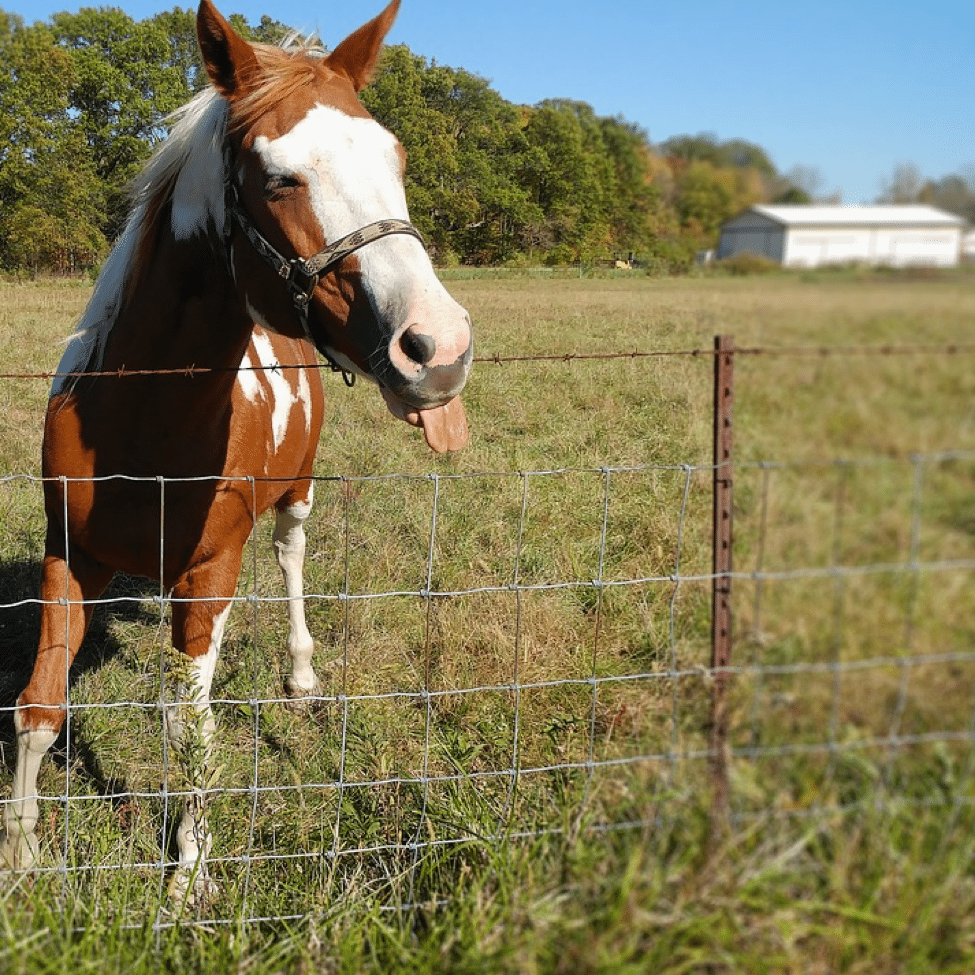
· By Mitch Felderhoff
What to Make of a Moody Horse + How to Help
No living thing – with the exception of maybe plants – is immune to the occasional mood swing. Just like their human owners, an equine’s emotions can certainly be a source of frustration. However, they’re also important indicators of a horse’s physical health, safety, and overall well-being.
If you’re noticing a lot of pinned ears, barred teeth, or an outright refusal to train, your horse may be communicating that they’re struggling emotionally.
Not sure what to make of a moody mare or surly stud? Let’s review some of the common biological and environmental reasons for a slumped mood and how to help bring the lows back in balance.
Health Concerns
Starting to see fussy behavior from a horse that’s normally congenial? It could underlay a health issue or physical ailment. Even allergies associated with the change of seasons can be enough to disrupt your horse’s good spirits. However, it’s important not to make uneducated guesses and get your vet involved as early on as possible. You could be dealing with something serious like a gastrointestinal problem or endocrine system issue.
If you suspect joint or muscular pain, it could be that a previous injury never fully healed. Physical discomfort can often lead to mood changes.
Nutritional Considerations
Diet and exercise are common components of any emotionally well-balanced animal. Managing your horse’s mood often starts with proper nutrition. Access to a pasture that’s supplemented with a high-quality horse feed is a good start. Just be sure to feed at the same time of day and under the right conditions to avoid food aggressive behavior.
Environmental Stressors and Anxiety
Past trauma or neglect can amplify the reaction to seemingly minor or innocuous events, objects, or situations. Pay close attention to see if a pattern can be detected, then work to eliminate the stressful catalyst.
Some examples of common environmental stressors include travel, changes in the stable, excessive training, new social introductions, or dietary changes.
Hormones
Even small hormonal shifts can lead to large mood swings. They can make it almost impossible for a horse to effectively combat minor stress. The most common culprits are fluctuating thyroid and adrenal levels – as they dip or spike, emotions can do the same. Hormonal imbalances may also follow changes to a horses routine, further proof that our external state impacts our internal state (and vice versa).
Sleep Disruptions
No one does well without sleep. Horses included. Lying in a laterally recumbent position helps horses fully rest. But if they’re physically uncomfortable because of insufficient space, it can limit their ability to hit the recommended 60-minutes of REM sleep. Horses are also prey animals, despite their size, meaning they need a sense of environmental safety to feel comfortable enough to fall fully asleep.
Helping your Horse’s Mood
Even if you’re sensing a shift, there are ways to help combat the negative emotions associated with a moody horse. Pay close attention to see if you can isolate and correct the trigger responsible for the mood swing.
Practice these do’s and don’ts when attempting to alleviate a moody moment:
- Make sure they’re exercising regularly. Especially if they’re in a bad mood. Being trapped in a small space with a torrent of emotions is likely to exacerbate the problem. The more endorphins they can produce naturally the more stress relief they’ll experience.
- Remove identifiable environmental stressors and make sure to adjust your expectations so that they reflect realistic training requirements. You might also try training under a new technique until they get over the hump.
- Never punish your horse for being moody or not wanting to perform, and even if the successes are small, make sure to reward them in full.
- Maintain a consistent feeding schedule and overall routine. The more predictable their day-to-day, the more stable their mood and hormones should be.
- Feed a nutritionally complete diet supplemented with quality horse feed. Consider having nutritional testing or consultations done if you suspect diet to be a factor in their disrupted mood.
When it comes to managing your horse’s well-being, there are multiple factors to consider. Some things, like the weather, you can’t account for. But you can make a note of them. If you see a pattern of disruption around certain activities, times of day, or social interactions, it’ll help you course correct and get their mood on the up and up.
